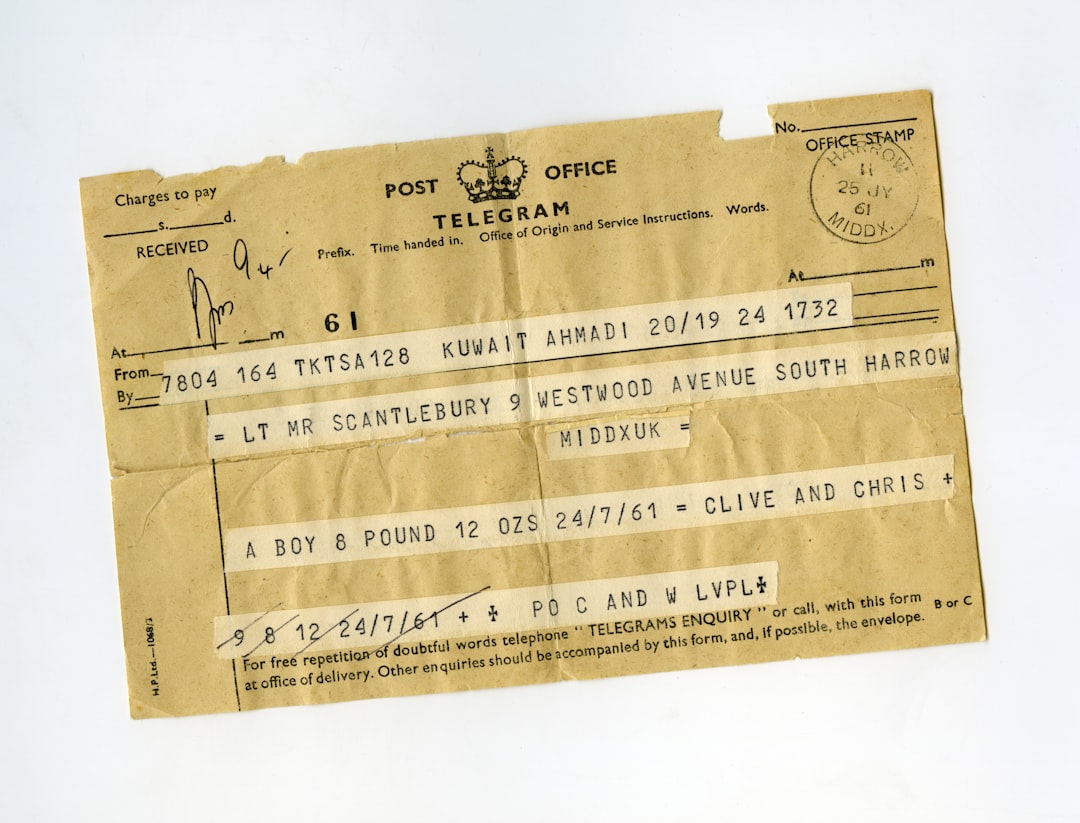
Managing a website today is more than just publishing content or selling products—it’s also about preserving privacy, securing data, and building trust with your visitors. One of the most crucial elements of online security is the SSL certificate, which encrypts data exchanged between your website and its users. If you’re using Amazon Web Services (AWS) for hosting, you likely rely on their certificate management tools to ensure your site remains secure. However, many webmasters still wonder, “How do I handle AWS SSL certificate renewal?”
This article aims to demystify AWS SSL certificate renewal, explore how automation can simplify the process, and offer guidance to ensure your website remains secure, efficient, and headache-free.
What Is an SSL Certificate and Why Does It Matter?
An SSL (Secure Sockets Layer) certificate is a digital certificate that validates a website’s identity and enables an encrypted connection. It’s the technology behind HTTPS—the green padlock that gives users peace of mind when browsing your site. Installed correctly, SSL certificates protect sensitive data like login credentials, credit card numbers, and other personal information from prying eyes.
Without an active SSL certificate:
- Your website displays a “Not Secure” warning
- Browsers may block access entirely
- Your SEO rankings can be negatively impacted
- Trust from your users erodes, affecting conversions and engagement
Clearly, keeping SSL certificates current is critical. Fortunately, if you’re on AWS, the process can be not only easy but also automated.
Introducing AWS Certificate Manager (ACM)
AWS Certificate Manager (ACM) is a service that simplifies the provisioning, management, and deployment of SSL certificates on AWS. It allows you to request SSL/TLS certificates and automatically deploy them to services such as:
- Elastic Load Balancing (ELB)
- Amazon CloudFront
- API Gateway
- Amazon Elastic Beanstalk
With ACM, your certificates can be renewed automatically, removing a significant burden from your to-do list. Let’s explore how this works—and when you might need to get involved.
How Automatic SSL Certificate Renewal Works in AWS
ACM handles the automatic renewal of SSL certificates with minimal intervention. Here’s how the process typically unfolds:
- Renewal Initiation: ACM starts the renewal process 60 days before the certificate expires.
- Validation: ACM attempts to validate domain ownership, typically using DNS or email validation. If DNS validation was used during the initial request and remains intact, the process is seamless.
- Deployment: Once validated, ACM pushes the renewed certificate to the associated AWS resource (e.g., CloudFront distribution or Load Balancer).
It’s designed to be “set it and forget it,” but trouble can arise if the domain validation method is disrupted or if custom configurations override automation defaults.

Manual vs. Automatic Renewal: When You Need to Step In
In most cases, ACM takes care of everything. However, there are instances when you might need to get involved:
- DNS Records Changed: If you’ve deleted or changed the ACM validation DNS records, ACM won’t be able to verify domain ownership and the renewal will fail.
- Email Validation Not Confirmed: If your certificate uses email validation and you miss the verification email from AWS, renewal will be delayed.
- Third-Party Certificates: If you’re using a third-party SSL certificate not managed by ACM, you’ll need to handle the renewal and install the updated certificate manually.
By keeping DNS validation in place and using AWS-managed certificates, you can significantly reduce these complications.
Common Services That Benefit from Auto-Renewed AWS SSL Certificates
The power of ACM becomes even more evident when integrated with other AWS services. Here’s how SSL certificate renewal works across popular AWS environments:
1. AWS Elastic Load Balancer (ELB)
When you associate an ACM certificate with an ELB, the renewal process updates the certificate in place with zero downtime—a seamless transition for users.
2. Amazon CloudFront
CloudFront requires manual association of the newly renewed certificate to the distribution. You can automate this using Lambda functions and AWS CLI scripts triggered by CloudWatch Events.
3. API Gateway
For custom domains in API Gateway, the SSL certificate must be re-associated once renewed. Again, automation through Lambda and scripting is your friend.

Automating SSL Certificate Renewal for CloudFront
One aspect often overlooked is the need to re-associate renewed certificates with CloudFront distributions. While renewal happens in ACM, CloudFront doesn’t automatically link to the new certificate. Here’s a high-level approach to automate that:
- Use AWS Config or CloudWatch Events to monitor certificate renewals
- Trigger a Lambda function when a renewal is detected
- The function uses the AWS CLI to update the CloudFront distribution with the renewed certificate
This automation ensures uninterrupted service and avoids costly downtime due to unlinked certificates.
Monitoring SSL Expiration Dates
Even with automation, it’s wise to maintain visibility into SSL certificate expiration. AWS offers several tools:
- ACM Console: View certificate status and expiration dates
- CloudWatch Alarms: Notify you 45 days before expiration
- Lambda Notifications: Create email or SMS alerts when certificates approach expiry
If you’re managing multiple domains or environments, consider integrating with third-party monitoring tools to keep all certificates visible from a centralized dashboard.
Security Best Practices When Using AWS SSL Certificates
SSL certificates are a cornerstone of online security, but they must be part of a broader strategy. Here are some best practices to follow:
- Keep DNS validation records intact: Avoid accidental deletions that hinder certificate renewal
- Restrict permissions: Ensure only essential roles can modify SSL configurations
- Use automation where possible: Reduces human error and ensures consistent deployment
- Monitor logs: Regularly audit CloudTrail and ACM logs for unauthorized certificate requests or changes
Following these guidelines ensures your security framework is not only effective but also resilient.
Final Thoughts: Secure with Simplicity
SSL certificate renewal doesn’t have to be a time-consuming or error-prone process. With AWS Certificate Manager, you can automate most of the heavy lifting—freeing you to focus on growing your website or business. By maintaining correct domain validation settings and leveraging AWS services intelligently, you can enjoy hassle-free, continuous SSL protection.
Whether you’re managing a simple static site or a complex microservices architecture, ensuring timely renewal of SSL certificates is essential. AWS has provided the tools. Now it’s your turn to use them effectively—and secure your digital presence effortlessly.
If you’re not already taking advantage of automated SSL renewal, now is the perfect time to implement these best practices and strengthen your site’s security with minimal effort.
Stay safe, stay secure, and let technology do the work!






